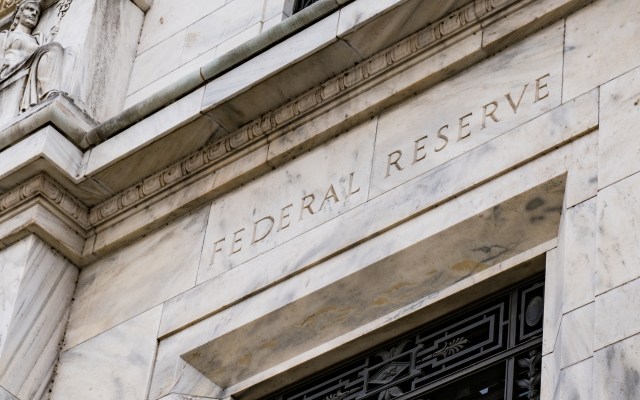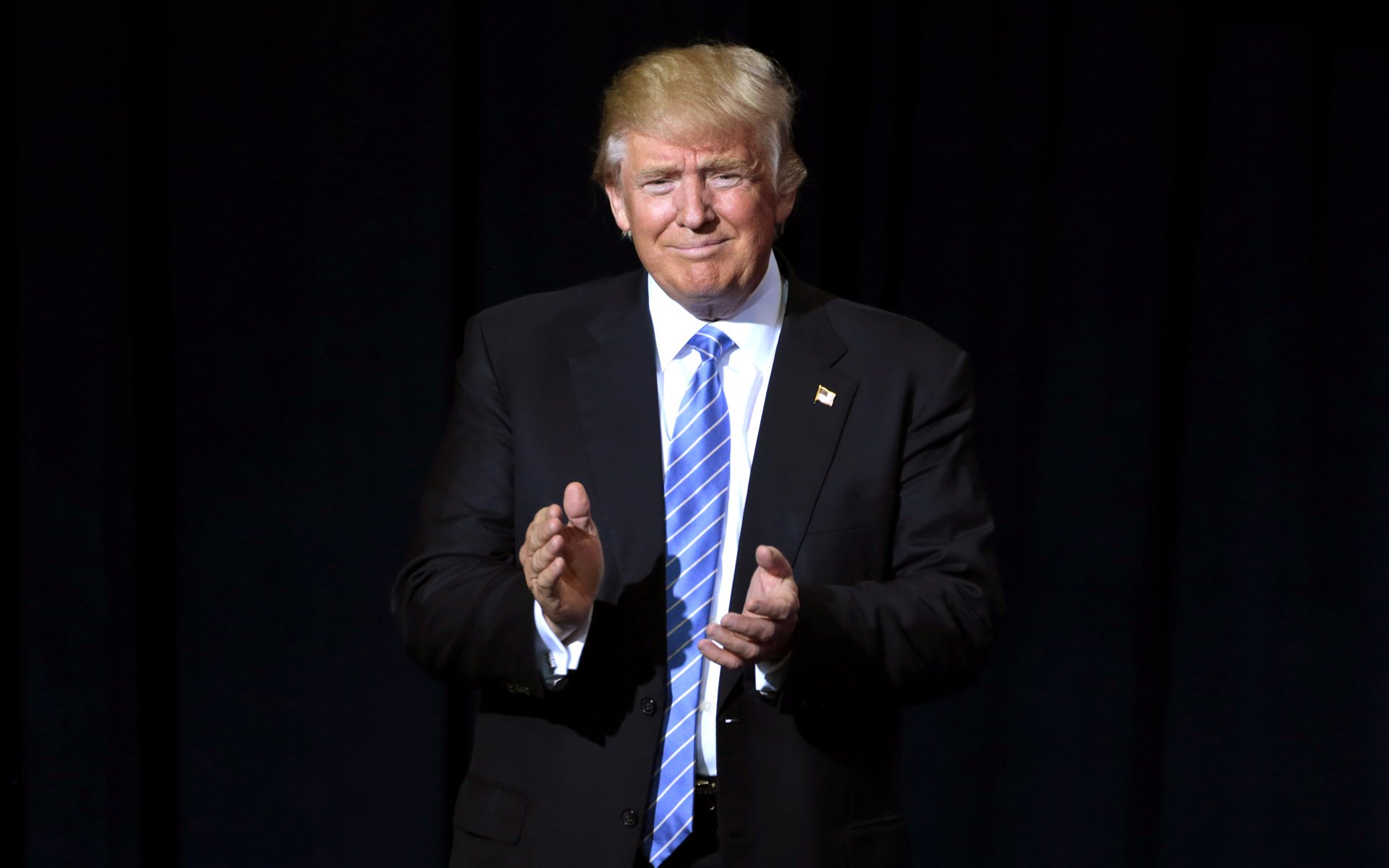
Trump and other world leaders have been named and shamed in the recent Fitch ratings report. Slowing global economic growth coupled with governments’ relentless interventions are eroding central banks’ independence around the world.
1. Trump Makes the Fed Look Stupidly Un-Independent
Ever since his presidency began, Trump has been on a mission to gain greater control of the Central Bank. He’s already placed four out of seven board members and nominated a further two.

However, according to the Fitch report, this government intervention sets a dangerous precedent–in the U.S. and around the world.
Global Head of Sovereign Ratings at Fitch James McCormack adds that Central Banks are:
being increasingly viewed by governments as ripe for a broadening of their remit.
He adds that now is the time for investors to think deeply about what a global recession and greater pressure from governments on central banks to support economic growth could mean for their portfolios.
Fitch believes investors would be wise to consider the potential implications of mounting political pressures for greater contributions from monetary policy to support economic growth, possibly by unconventional means.
It’s becoming obvious that tightening of monetary policy amid slowing growth is failing to halt the impending economic downturn.
Most Central Banks around the world are beginning to reduce or retract on interest rate hikes against heavy criticism from world leaders:
REMINDER: Bank of England Governor Mark Carney’s apology for previous inaccurate dire warnings re Brexit… https://t.co/JEDoJOGbGi
— Piers Morgan (@piersmorgan) November 28, 2018
The only problem our economy has is the Fed. They don’t have a feel for the Market, they don’t understand necessary Trade Wars or Strong Dollars or even Democrat Shutdowns over Borders. The Fed is like a powerful golfer who can’t score because he has no touch – he can’t putt!
— Donald J. Trump (@realDonaldTrump) December 24, 2018
MMT (Modern Monetary Theory) is also gaining traction. MMT proponents believe that Central Banks should create their own base money rather than regulating the economy through interest rates. However, few times over the course of history has printing money been a good idea.
2. He’s Appointing Pro-Bitcoin Staff in High Places
Not only does Trump continue to urge the Fed to keep easing, but he’s also appointing pro-Bitcoiners in very high places. Mick Mulvaney’s recent appointment as Budget Director could be extremely bullish for Bitcoin. His knowledge of the digital currency goes way back and he was instrumental in educating people inside Washington about Bitcoin and blockchain technology.
Mulvaney even co-created a bi-partisan initiative called Blockchain Caucus to act as a discussion center for ways to incorporate blockchain technology in the national government.
While his spending policy and ideas for Social Security may be at odds with Trump, it’s likely that any regulation surrounding Bitcoin will be positive while Mulvaney is in office. If he lasts longer than most of the president’s appointees, that is.
3. Economic Uncertainty is the Perfect Storm for Bitcoin
Trump and other world leaders continue to bash their Central Banks while leaning on them for further funding. This uncontrollable spending and economic turmoil is inadvertently creating the perfect storm for Bitcoin.

After all, political discord, economic instability, and the demising power of central banks are all conditions that favor the adoption of Bitcoin. Its immutable ledger and particularly the inability of anyone to change the rules makes it the most politically-neutral form of money that ever existed.
This makes Bitcoin unlike any other ‘asset’ that existed before – which explains why it thrives in times of political instability and economic turmoil.
As Max Keiser commented in a previous interview with Bitcoinist:
Bitcoin adoption has always been driven by bank failures, bailouts, bail-ins, and political unrest.
So, carry on the interventions and bring on the global recession, Bitcoin will rise from the ashes as the way forward once more.
Will Bitcoin benefit from the erosion of The Fed’s independence? Share your thoughts below!
Images via Shutterstock


















